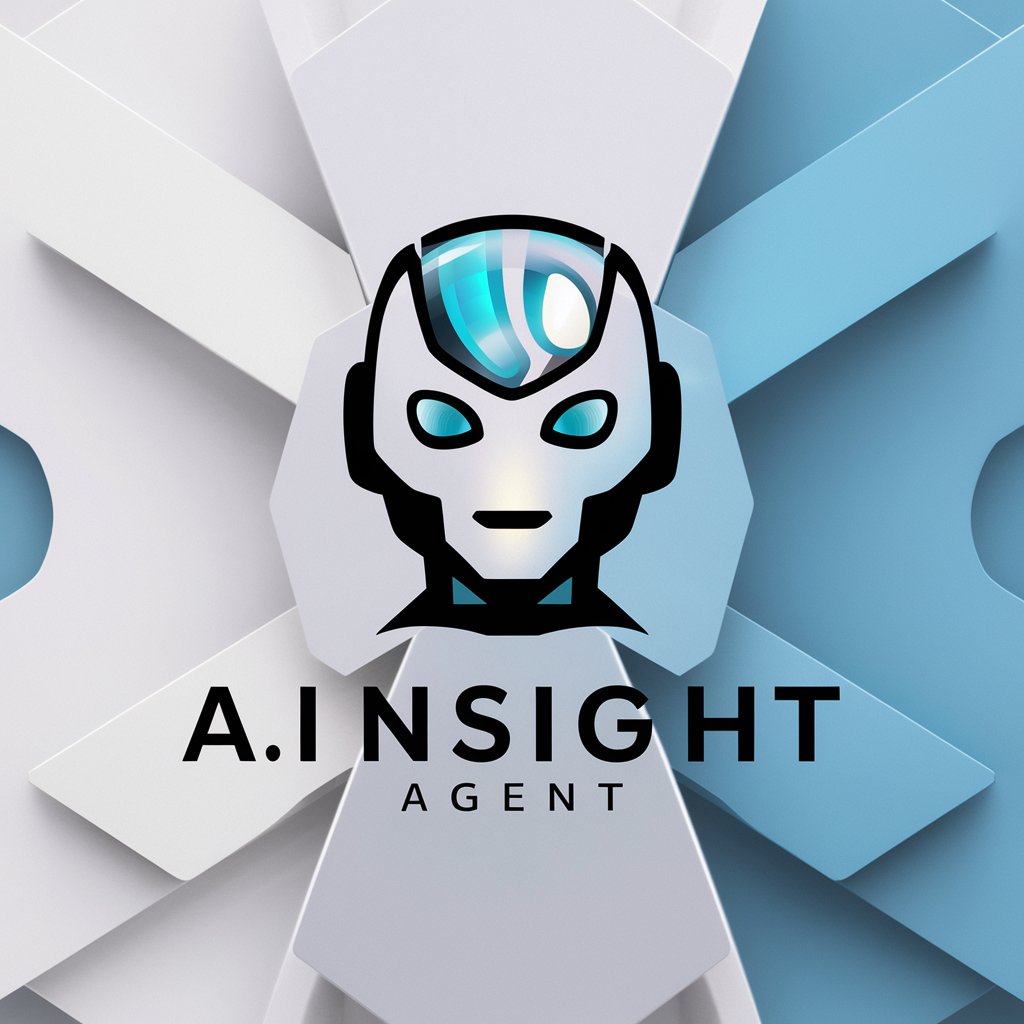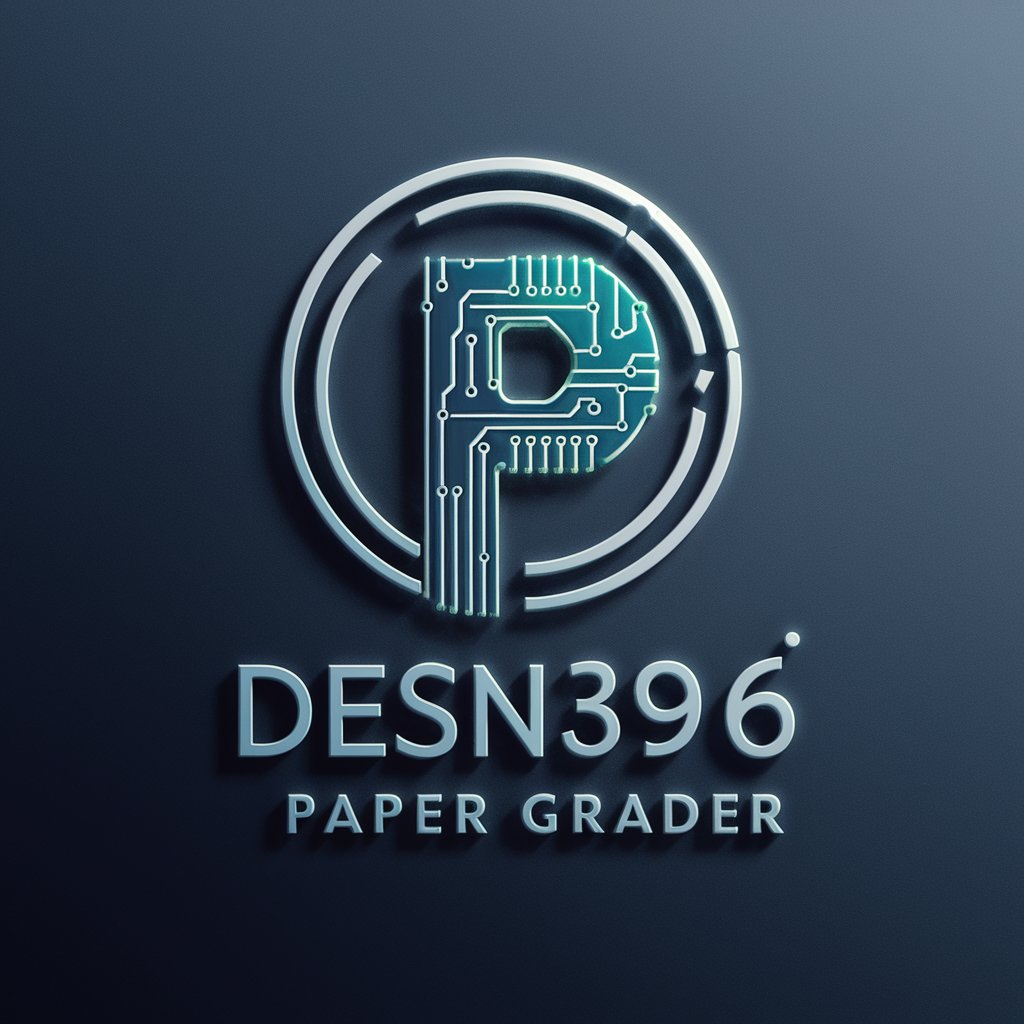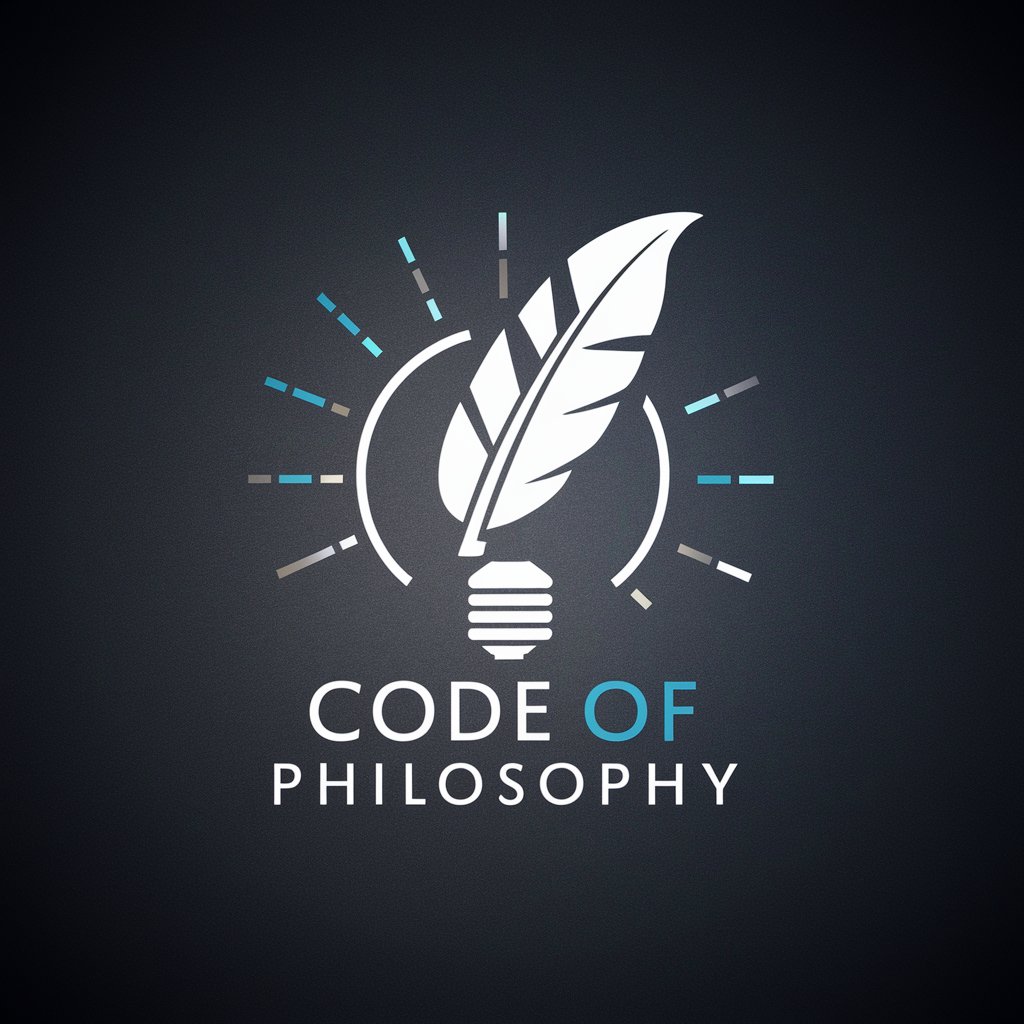5 GPTs for Ethics Analysis Powered by AI for Free of 2026
AI GPTs for Ethics Analysis are advanced tools based on Generative Pre-trained Transformers designed to tackle tasks and topics related to ethical considerations and analysis. These tools leverage AI to interpret, suggest, and evaluate ethical dilemmas across various contexts, providing tailored solutions for assessing moral considerations. By analyzing vast amounts of data, they can understand and engage in ethical discourse, making them vital for developing ethically aligned AI systems and supporting decision-making processes where ethical judgments are crucial.
Top 5 GPTs for Ethics Analysis are: AI Insight Agent,DESN396 Paper Grader,3000 Tutor,Code_of_Philosophy,AQA A-level RS
AI Insight Agent
Empowering Decisions with AI Insights

DESN396 Paper Grader
Empowering your academic journey with AI.

3000 Tutor
AI-driven expert tutoring for EECS3000.

Code_of_Philosophy
AI-powered philosophical debate analysis

AQA A-level RS
Empowering A-level RS Studies with AI

Key Attributes and Capabilities
AI GPTs for Ethics Analysis are distinguished by their adaptability, enabling customization from basic ethical query responses to complex moral reasoning tasks. These tools feature advanced natural language processing capabilities, enabling them to understand and generate human-like text about ethical considerations. Special features may include language learning for multilingual support, technical assistance for integrating ethical analysis into development processes, web searching to gather diverse ethical viewpoints, image creation for visual ethics scenarios, and data analysis to identify ethical trends and patterns.
Who Benefits from Ethical Analysis AI
These AI GPT tools are designed for a broad audience, including ethics novices seeking to understand basic ethical concepts, developers integrating ethical decision-making into AI systems, and professionals in various fields such as healthcare, law, and business ethics. They are accessible to users without coding skills through user-friendly interfaces, while also offering advanced customization options for those with programming expertise, facilitating a wide range of ethical analysis applications.
Try Our other AI GPTs tools for Free
Medication Reminders
Discover how AI GPTs for Medication Reminders revolutionize healthcare by providing personalized, efficient, and automated medication management solutions.
Health Collaboration
Discover AI GPT tools tailored for healthcare collaboration, enhancing patient care, research, and operational efficiency through advanced AI technology.
Urban Design
Discover how AI GPTs for Urban Design are revolutionizing urban planning with adaptive, efficient, and sustainable solutions tailored for all levels of expertise.
Cycling Infrastructure
Explore how AI GPTs revolutionize cycling infrastructure planning with advanced analytics, design visualization, and tailored solutions for safer, more efficient biking paths.
Environment Testing
Discover how AI GPTs revolutionize Environment Testing with predictive analytics, real-time data analysis, and user-friendly tools for sustainable decision-making.
Legal Vocabulary
Discover AI GPTs for Legal Vocabulary: cutting-edge tools transforming legal document drafting, research, and advice with advanced AI technology.
Expanding the Horizon with AI Ethics Analysis
AI GPTs for Ethics Analysis not only offer immediate solutions for ethical dilemmas but also contribute to the broader understanding and development of ethical AI systems. Their ability to engage with and analyze ethical considerations across various contexts promotes a more nuanced approach to AI ethics, encouraging responsible AI development and use. The integration of these tools into different sectors highlights their versatility and potential to enhance ethical decision-making processes.
Frequently Asked Questions
What are AI GPTs for Ethics Analysis?
AI GPTs for Ethics Analysis are AI tools that leverage Generative Pre-trained Transformers to perform ethical analysis and reasoning across various scenarios, helping to evaluate and understand ethical dilemmas through advanced natural language processing.
How can these tools be customized for different ethical analyses?
They offer customization options ranging from adjusting the complexity of the ethical questions they can handle to integrating specific ethical frameworks for analysis, allowing users to tailor the tool's responses to specific moral considerations or industry standards.
Who can use AI GPTs for Ethics Analysis?
They are designed for a wide audience, including individuals with no technical background interested in ethical considerations, developers, and professionals in fields requiring ethical analysis, offering various levels of customization to suit different needs.
Can these tools support multilingual ethical analysis?
Yes, many AI GPTs for Ethics Analysis are equipped with language learning capabilities, enabling them to understand and conduct ethical analysis in multiple languages.
How do AI GPTs for Ethics Analysis integrate with existing systems?
They can be integrated into existing workflows or systems through APIs or software development kits (SDKs), allowing for seamless incorporation of ethical analysis into decision-making processes.
Are there any specialized features for specific industries?
Yes, these tools can be customized with specialized features and ethical frameworks tailored to specific industries, such as healthcare, finance, and technology, to address unique ethical challenges.
What makes AI GPTs for Ethics Analysis different from general AI tools?
These tools are specifically designed to understand and analyze ethical considerations, equipped with capabilities to process and generate nuanced discussions on moral dilemmas, setting them apart from general AI tools focused on broader applications.
How do these tools help in making ethical decisions?
By providing comprehensive analysis, diverse perspectives, and evaluations based on established ethical frameworks, these tools support users in making informed and morally aligned decisions in complex scenarios.